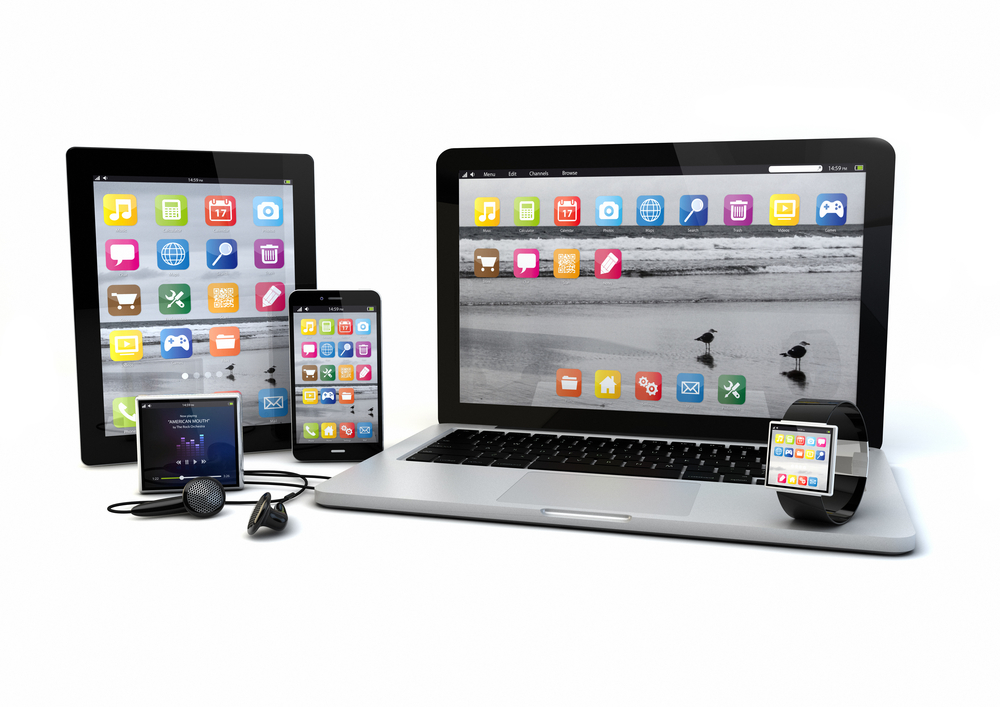
At almost every parent talk, I get the same question. “My son/daughter seems to be able to get around all the blocks and locks I put on their devices, they don’t work, what can I do?” I always give the same answer. You have a compliance and trust issue, not a failed technology issue.
Parental controls within an app, game or on any internet connected device is never going to be 100% unbreakable. Any child or teen can simply “Google” how to remove a parental control or block and probably follow some easy step by step instructions to bypass them. Some children may evade all parental controls by even borrowing their friends unfiltered devices to get to where they want to go online. There is an entire #hashtag on TikTok right now showing teens how to disable the parental monitoring app “Life360” from tracking their phones so that parents don’t know where they are or what they are doing.
If you think that you will ever outwit a determined tech-born child on digital devices through the technology only, as they say in the classics “You are dreaming!” Parental controls and technology filters and blocks are really only useful as a safety net and perhaps a deterrent. Internet Filters and monitoring are essential for children to monitor their use and prevent them from going places they didn’t intend to go, but relying on the technology to digitally parent your child is a “fools errand”. Its never going to be as simple as set and forget.
Let’s Be Honest
All parental controls and filters need to be transparently set up, so that your child, at the appropriate age, knows that those safety settings and filters are in place to protect them. Placing filters or monitoring on childrens devices without advising children who are older is unfair and hinders trust.
Auto Switch Off Timers
Many parents set timers through parental controls on apps and devices to disable the device or app after a period of use, or at a certain time. I recommend that you first try to set any screen time boundaries for without using an auto switch off setting or app. Set agreements around screentime with postitive incentives before you resort to the “kill switch”. Make sure your child is clear on the boundaires and has enough time to wind up what they are doing. Clear agreements around screentime have a much better longer term outcome than an auto switch off setting, which can make some older children feel as if they will never be trusted on their device to self moderate. Children who learn to respect the boundaries set by parents, have longer term abilities to use self moderation in every aspect of their lives not just their digital lives. Be sure to include your child in the process of deciding how they use their digital devices, it helps for them to have some input to understand why there are limits on use. Use the auto switch off as a last resort not as the default. I have more on screentime strategies in my manual and online here
Filters are not 100% reliable
You also need to be with your child when they are younger when they are using an internet connected device, to guide and mentor them on the device and to be part of the experience that they are having. Filters may block most adult content, but even some content not marked as adult may distress your child or confuse them.
When children are old enough to be on devices without side by side supervision it is still advisable to have internet connected devices in a shared room so that you can mentor or supervise from a distance, being sure to be involved with them in a mostly positive way rather than trying to “Catch them out” doing something ill advised. Catch them doing something interesting or fun!
When do you stop monitoring your child online?
For every family this will be at a different age and maturity. You may have to test self moderation before trust is established, and it should be a gradual plan over the years from 13 years old and upwards. Try to keep online parental supervision in perspective, and try to align it with the amount of trust and independence your child is allowed offline.
The most important safety tool to have in your digital home, is a trusting and open relationship with your child. If your child feels they can come to you safely to seek help for anything they have experienced on their device, or ask advice about anything they see online, this is far more valuable in the longer term than any monitoring or parental control tool you employ.
My Child Is Hiding Things From Me
Many children tell me that the reason they don’t want to tell a parent about anything negative that happens online is that they are worried that the game/app or device will be confiscated. This is the number 1 reason your child might be hiding things from you. It is really important that you create a safe space for your child to come for help, and ensure that they understand that not everything will ever be taken away. Having said that, you do need to be honest that if you do find out that a platform or interaction is unreasonably dangerous and cannot be managed safely, that there may be a time when something is withdrawn until they are old enough to handle it. Having open converstations about safety and how to recognise when they might be in danger online is therefor very important.
Then How Do I Know They Are Safe Online?
In the same way you know they are safe offline. You need to supervise side by side in the early years during primary school and then from a short distance when they are older. Having regular open conversations about their online use in mostly a positive way helps. Try to experience the online world with them when you can. When children grow to teens they naturally want more independence and autonomy, they won’t want you reading their private messages, or peering over their shoulder uninvited. Not because they may be doing anything wrong, but they have loyalties to their friends, and they will naturally want their own space. Your relationship with your child is the most important way to help your child stay safe online. Find out from them what they like to do on their devices and join some of their games or activities, if they will let you.
Keeping Up To Date
Try to keep up to date by attending digital parenting seminars, or following your favorite digital parenting educators online. My Facebook page has updates on new apps or shared articles on digital technology almost daily. Parent Education about what your child is doing online is very important to be able to understand their world. Your child may not tell you everything…so having perspective from an adult insider will help.
Let me know if you have any questions in the comments below or via my Facebook Page at www.facebook.com/thecybersafetylady

